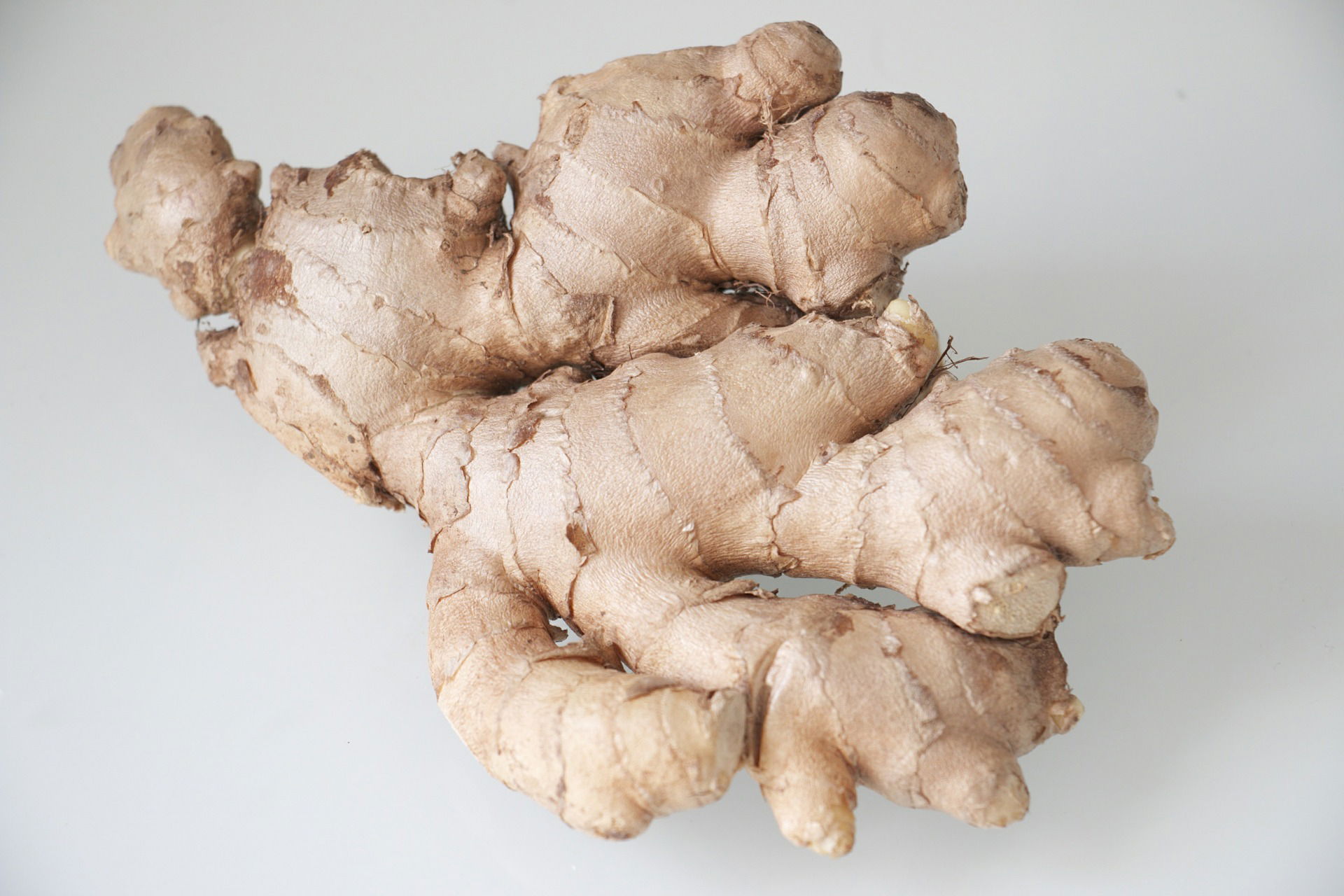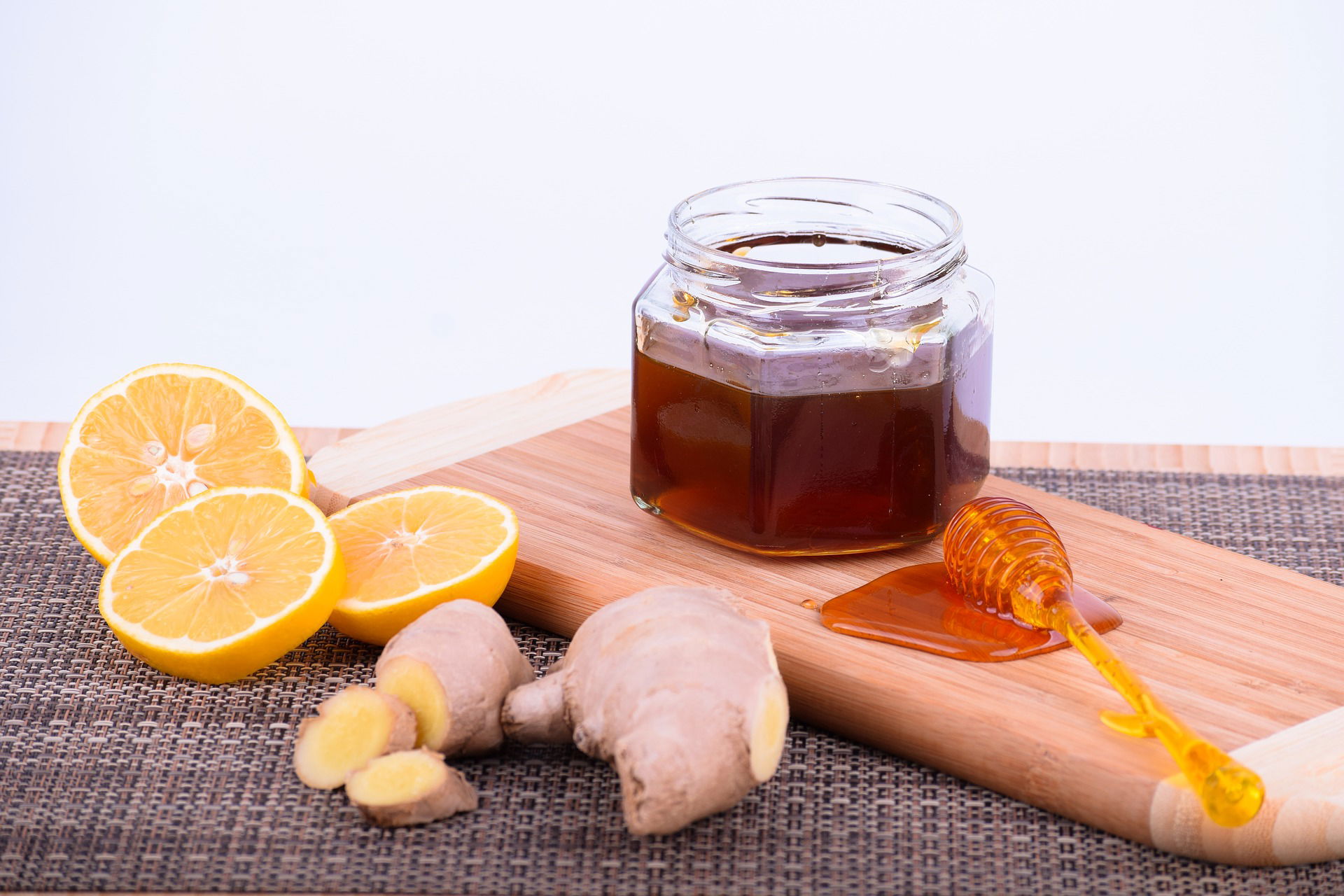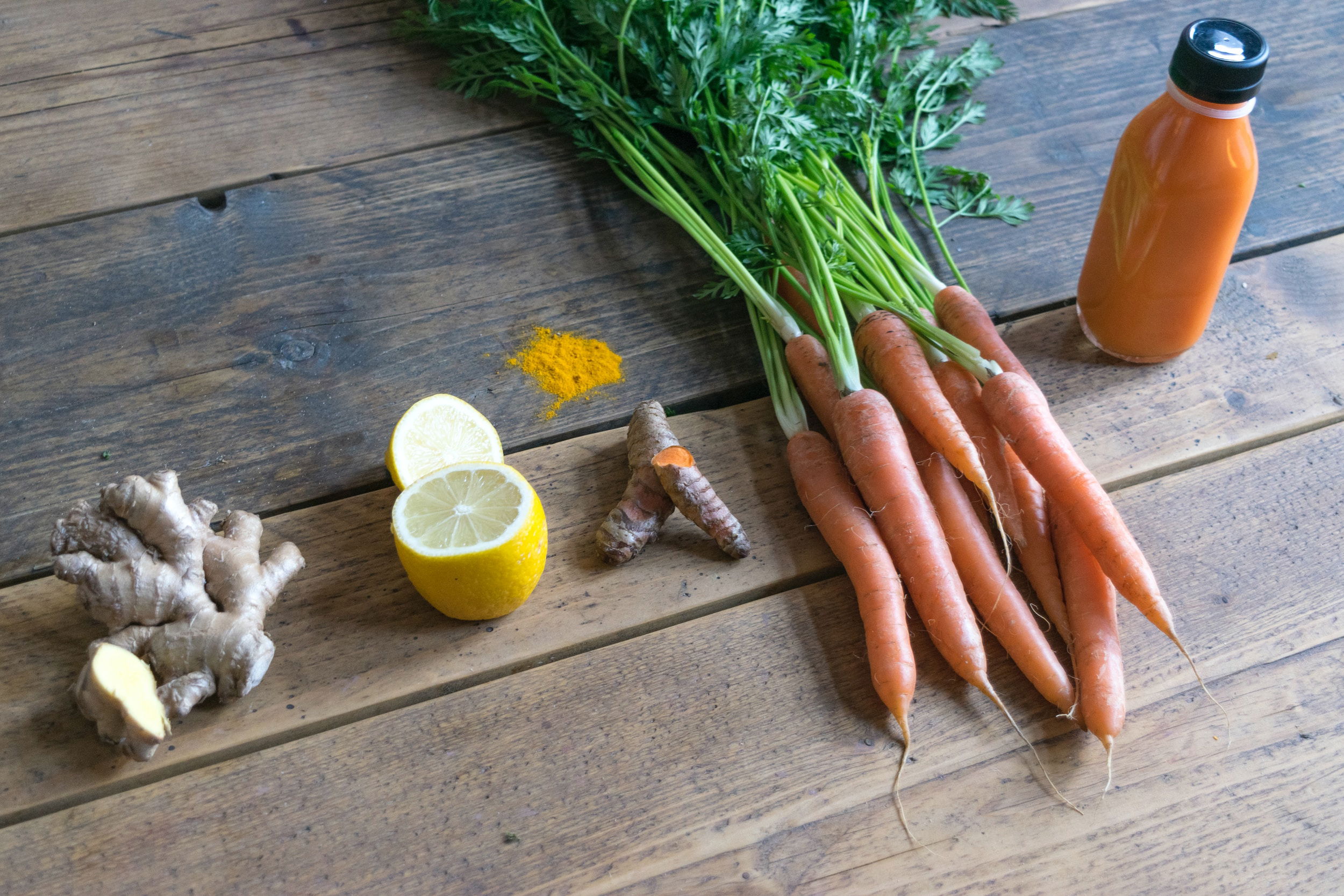Ginger's Popularity in Hong Kong
Fresh ginger, also known as Zingiber officinale, has been a staple in traditional Chinese medicine and cuisine for thousands of years. Hong Kong is no exception, with fresh ginger being a widely consumed ingredient in local dishes and herbal remedies. Its unique flavor and health benefits have made it a staple in Hong Kong's culinary and medicinal industries, while its cultural significance has cemented its place in the city's heritage.
In this article, we will explore the many uses and benefits of fresh ginger in Hong Kong, from traditional medicinal practices to modern culinary innovations and beyond.

Introduction to Fresh Ginger in Hong Kong
Fresh ginger, known as "geung" in Cantonese, is a common ingredient in Hong Kong cuisine and traditional medicine. It has been used for centuries in Chinese medicine for its health benefits and therapeutic properties. Ginger's unique spicy and aromatic flavor makes it a popular and versatile ingredient in Hong Kong's food culture.
Overview of Ginger's Popularity in Hong Kong
Ginger is highly consumed in Hong Kong, both as a food ingredient and in traditional medicine. It is often used in soups, stir-fries, sauces, and teas, and is a key ingredient in popular local dishes such as ginger milk pudding and ginger scallion lobster. The use of ginger has also become popular in modern Hong Kong cuisine, with chefs incorporating it in innovative ways. Additionally, ginger's medicinal properties are widely recognized and used by many Hong Kong residents.

Health Benefits of Fresh Ginger
Fresh ginger is a powerhouse of health benefits. Some of its most notable advantages include its antioxidant and anti-inflammatory properties, immune-boosting benefits, and its potential to aid digestion and relieve nausea.
Antioxidant and Anti-inflammatory Properties of Ginger
Ginger is rich in antioxidants, which help to protect the body from cell damage caused by free radicals. It also has anti-inflammatory properties that can help to reduce inflammation and pain in the body, making it a natural remedy for conditions such as osteoarthritis and menstrual cramps.
Immune-Boosting Benefits of Ginger
Ginger contains compounds that are known to boost the immune system and fight off infections. It has been shown to be effective against a variety of viruses and bacteria, including the flu virus and E. coli.
Ginger's Potential to Aid Digestion and Relieve Nausea
Ginger has been used for centuries as a natural remedy for digestive issues such as bloating, constipation, and indigestion. It is also often used to relieve nausea caused by motion sickness, morning sickness during pregnancy, and chemotherapy.

Popular Culinary Applications of Fresh Ginger in Hong Kong
Fresh ginger is a versatile ingredient that is used in a wide variety of dishes in Hong Kong, both traditional and modern.
Ginger as a Key Ingredient in Traditional Hong Kong Dishes
Ginger is a key ingredient in many traditional Hong Kong dishes, such as ginger and scallion fish and ginger chicken. It adds a pungent, spicy flavor to these dishes and is also believed to help balance the yin and yang energies in the body.
Innovative Uses of Ginger in Modern Hong Kong Cuisine
Modern Hong Kong chefs are incorporating ginger in innovative ways, such as incorporating it in desserts and cocktails. Ginger-infused ice cream and ginger beer are just a few examples of how chefs are using this versatile ingredient in new and exciting ways.
The Art of Using Ginger in Hong Kong Tea Culture
Ginger is also a staple ingredient in Hong Kong's tea culture. Ginger tea, known as "geung cha" in Cantonese, is a popular beverage that is enjoyed for its warming and soothing properties. It is often served with sugar or honey and can be enjoyed on its own or as a healthy addition to other teas.

Traditional Medicinal Uses of Fresh Ginger in Hong Kong
Fresh ginger is widely used in traditional Chinese medicine and is believed to have many medicinal properties.
Ginger as a Remedy for Common Ailments in Hong Kong
Ginger is used as a natural remedy for a variety of common ailments in Hong Kong, including colds, headaches, and menstrual cramps. It is also used as a natural pain reliever and has been shown to be effective against post-exercise muscle soreness.
The Role of Ginger in Traditional Chinese Medicine
In traditional Chinese medicine, ginger is believed to have a warming effect on the body and is often used to treat colds and flu, improve digestion, and reduce inflammation.
Herbal Formulas and Remedies Incorporating Ginger in Hong Kong
Ginger is often included in herbal formulas and remedies used in Chinese medicine. These remedies are typically tailored to each patient's specific needs and can be effective in treating a variety of health conditions. Ginger tea, soups, and other preparations are also commonly used in traditional Chinese medicine to promote health and wellness.

The Role of Fresh Ginger in Hong Kong's Cultural Heritage
The Historical and Cultural Significance of Ginger in Hong Kong
Fresh ginger has been a staple ingredient in Hong Kong's culinary scene for centuries. It is deeply embedded in the city's cultural heritage, and its diverse uses make it a versatile ingredient in both food and traditional medicine. Ginger originated in Southeast Asia and made its way to Hong Kong through trade routes, becoming a crucial part of the city's cuisine and traditional medicine.
Ginger in Festivals and Celebrations in Hong Kong
Ginger plays an important role in many festivals and celebrations in Hong Kong. During the Lunar New Year, ginger is an essential ingredient in traditional dishes like ginger shrimp and ginger chicken. The spicy and warming flavor of ginger is believed to ward off evil spirits and bring good luck during this auspicious time. Ginger is also used in the preparation of the popular festive snack, ginger candy, which is exchanged among friends and family as a symbol of goodwill.
Ginger's Place in Hong Kong's Traditional Medicine and Healing Practices
Fresh ginger is well-known for its medicinal properties and is used in many traditional healing practices in Hong Kong. Ginger tea is a popular beverage used to alleviate symptoms of colds, coughs, and sore throats. It is also used to help with digestion and relieve nausea. Ginger has anti-inflammatory properties and is often used to ease joint pain and migraines. Ginger is an important ingredient in traditional Chinese medicine, and many Hong Kong residents still rely on it as a natural remedy for various health issues.

Growing and Harvesting Fresh Ginger in Hong Kong
The Climate and Soil Conditions required for Ginger Cultivation in Hong Kong
Hong Kong's subtropical climate provides the perfect conditions for growing ginger. The city's warm and humid climate, combined with fertile soil, makes it an ideal location for ginger cultivation. Ginger requires well-drained soil and plenty of moisture, making it a popular crop in Hong Kong's rural areas.
The Art of Ginger Harvesting in Hong Kong
Ginger is harvested when the leaves start to turn yellow, indicating that the rhizomes are ready to be harvested. In Hong Kong, farmers typically harvest ginger by hand, carefully digging up the rhizomes with a forked instrument. Once harvested, the ginger is washed, dried, and sorted according to size and quality.
Sustainability and Environmental Considerations in Ginger Farming in Hong Kong
As ginger farming becomes increasingly popular in Hong Kong, there is a growing concern about the sustainability of the practice. To reduce the impact on the environment, many farmers are adopting organic farming methods, using natural fertilizers and pesticides to minimize the use of harmful chemicals. Additionally, the government has implemented policies to protect Hong Kong's farmlands and promote sustainable agriculture, ensuring that ginger farming remains a viable and environmentally responsible practice.

Future of Fresh Ginger in Hong Kong's Culinary and Medical Industries
Innovations and Advancements in Ginger-Based Medical Treatments
As the demand for natural remedies continues to grow, there is an increasing interest in the medicinal properties of ginger. Researchers are exploring new ways to use ginger in medical treatments, including cancer therapy and neurological disorders. Ginger-based products, such as supplements and creams, are also becoming more widely available.
The Growth and Evolution of Ginger in Hong Kong's Culinary Scene
Ginger remains a staple ingredient in Hong Kong's culinary scene, and there is a growing trend towards using fresh, locally-sourced ginger in restaurants and home kitchens. Chefs are experimenting with new ways to incorporate ginger into their dishes, creating fusion cuisines that blend traditional Hong Kong flavors with international tastes.
Prospects for Ginger as a Versatile and Sustainable Resource in Hong Kong
As a versatile and sustainable resource, ginger is poised to play an increasingly important role in Hong Kong's economy. The city's favorable climate and growing demand for natural remedies and locally-sourced ingredients make it an ideal location for ginger cultivation. With the right policies and investments, ginger farming could become a significant contributor to Hong Kong's agricultural sector and a valuable resource for the city's culinary and medical industries.
In conclusion, fresh ginger's popularity in Hong Kong has persisted for centuries due to its unique taste and numerous health benefits. From its roles in traditional medicine and cultural heritage to its versatility in modern cuisine, ginger continues to be a beloved and essential ingredient for both locals and visitors alike. As the city continues to evolve, it is clear that fresh ginger will remain a vital part of Hong Kong's culinary and medicinal landscape for years to come.

FAQ
What are the health benefits of fresh ginger?
Fresh ginger is packed with antioxidants and anti-inflammatory compounds that can help reduce inflammation, lower blood sugar levels, and even provide relief from nausea and digestive issues. Additionally, ginger has been shown to improve immune function and may have cancer-fighting properties.
How is fresh ginger used in traditional Chinese medicine?
In traditional Chinese medicine, fresh ginger is believed to have warming properties that can help improve circulation, reduce pain and inflammation, and aid digestion. It is often combined with other herbs and ingredients to create herbal formulas for a variety of ailments.
What are some popular dishes in Hong Kong that feature fresh ginger?
Fresh ginger is a key ingredient in many traditional Hong Kong dishes, including ginger beef, ginger chicken, and steamed fish with ginger and scallions. It is also used in soups, hot pots, and stir-fries. In addition, fresh ginger is a common ingredient in Hong Kong-style milk tea and other traditional beverages.
Is fresh ginger grown and harvested in Hong Kong?
Yes, ginger is grown and harvested in Hong Kong, primarily in the New Territories region. The city's subtropical climate and fertile soil make it an ideal environment for ginger cultivation. However, due to the high demand for ginger, much of the ginger consumed in Hong Kong is also imported from other countries.
